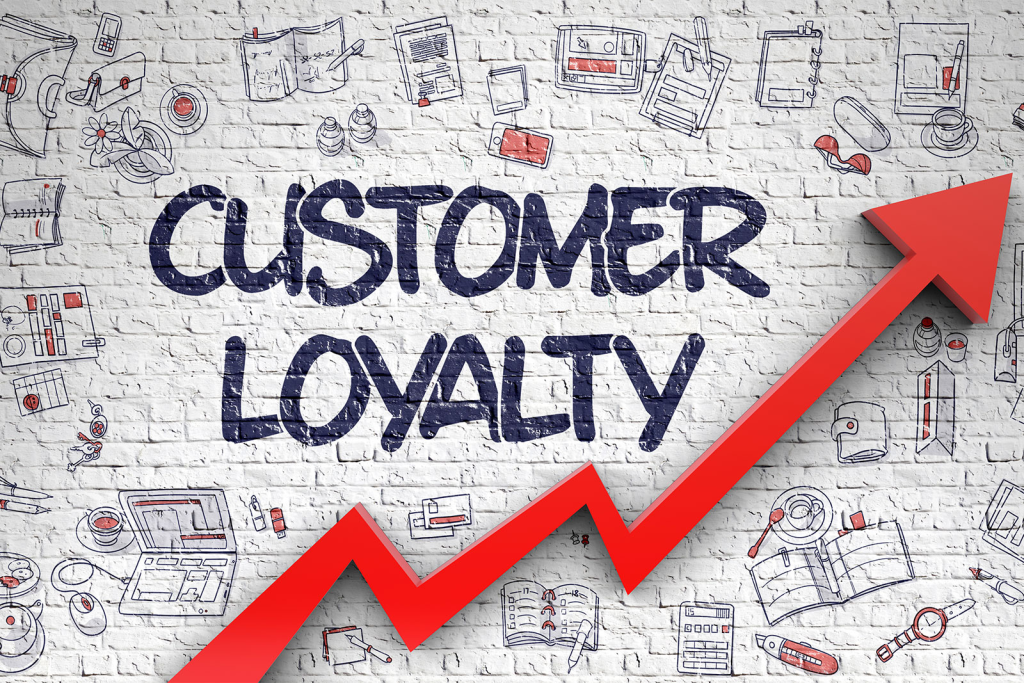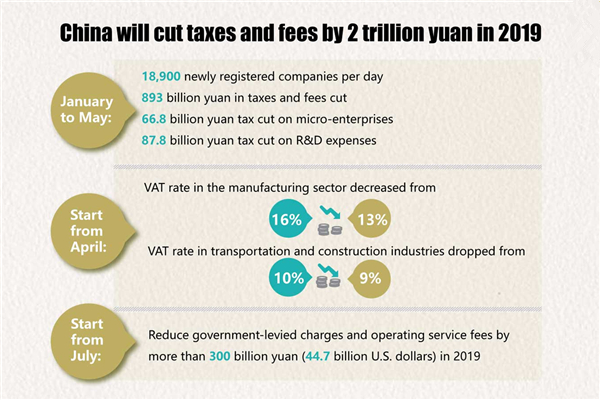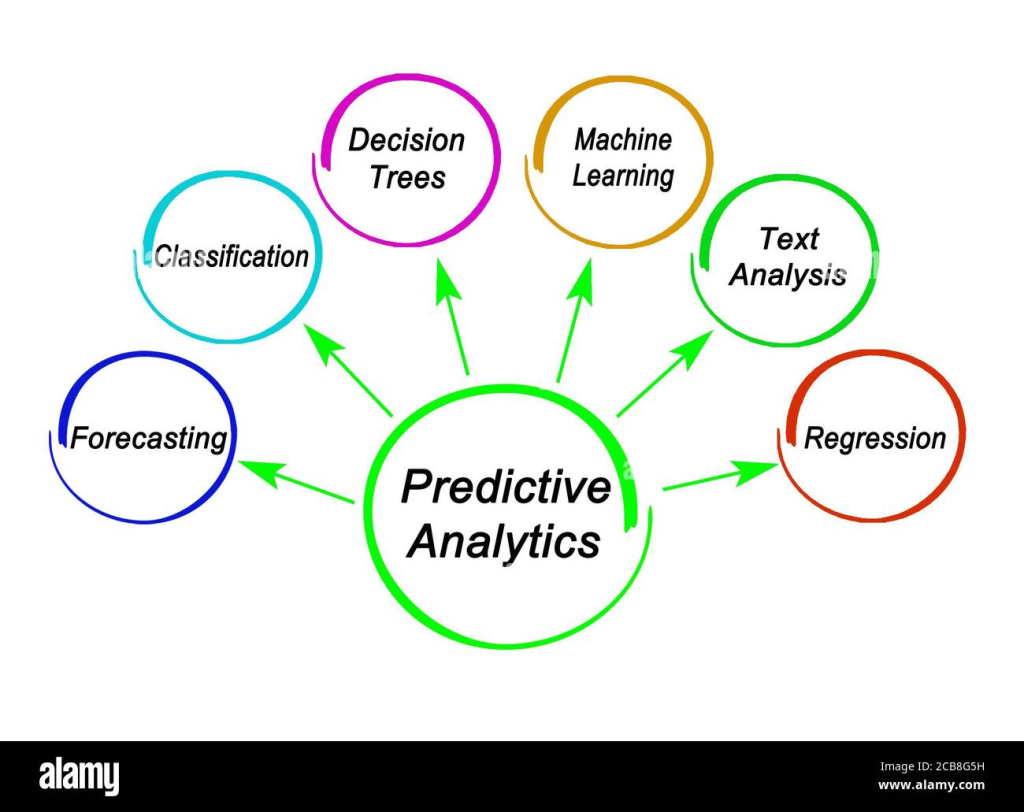Customer loyalty is a cornerstone of success in today’s competitive marketplace, yet a startling new report reveals that many Australians are shifting their focus away from brand names in search of value and quality. In fact, a significant 58% of consumers now prioritize functionality over brand identity, as financial pressures drive them toward more affordable alternatives. This evolving landscape compels businesses to rethink their strategies for consumer engagement, especially as AI marketing strategies begin to define the Engagement Era. Marketers must adapt to consumer trends in Australia by utilizing omnichannel marketing techniques that foster brand loyalty through personalized experiences. To thrive, brands can no longer rely solely on recognition; they must genuinely connect with their audience to cultivate lasting trust and loyalty.
The dynamics of customer allegiance are rapidly changing, with many individuals now favoring practical purchasing decisions over traditional brand favoritism. As consumers become increasingly discerning, they seek reliable products, often prioritizing store labels that deliver quality for less. This shift mandates marketers to revamp their approaches to consumer interaction, harnessing advanced AI technologies. By recognizing how these trends affect consumer behavior, businesses can create effective omnichannel marketing campaigns that resonate with their audience. In this renewed focus on authenticity, establishing brand loyalty becomes less about identity and more about genuine connections and satisfied needs.
The Importance of Customer Loyalty in a Changing Market
In today’s consumer landscape, customer loyalty has emerged as a crucial aspect for brands striving to maintain relevance. As research indicates, 58% of Australians prioritize product functionality over brand names, which underscores a fundamental shift in shopping behavior. This means that for brands aiming to foster loyalty, it is vital to pivot their strategies towards understanding consumer needs and preferences rather than merely banking on their names. Building relationships based on trust and consistent quality can transform occasional buyers into devoted customers who return repeatedly.
Brands that successfully nurture customer loyalty often employ innovative strategies to engage consumers meaningfully. This engagement goes beyond marketing; it involves ensuring that at every touchpoint, from online shopping to customer service, consumers experience satisfaction. As seen with leading brands, those harnessing advanced data analytics and AI marketing strategies are not only able to personalize interactions but also predict consumer trends effectively. Therefore, embracing a customer-centric outlook is essential if brands want to cultivate lasting loyalty.
Utilizing AI Marketing Strategies for Consumer Engagement
AI marketing strategies have based themselves as pivotal tools for brands aiming to enhance consumer engagement. As the landscape shifts, relying on reactive marketing approaches is insufficient; brands need to harness predictive analytics to understand consumer behavior better. Reports suggest that while 84% of marketers believe they can forecast consumer needs, a mere 16% prioritize implementing these insights. By integrating AI technologies, brands can track data patterns and trends, enabling immediate responses to shifting consumer preferences and thereby creating more engaging experiences.
Additionally, the integration of AI allows for a seamless omnichannel marketing approach. By assessing customer interactions across various platforms, brands can maintain a consistent brand presence while delivering customized messages. This strategy not only enhances consumer satisfaction but also drives brand loyalty, as customers begin to feel valued and understood. Consequently, investing in AI-driven solutions becomes less of an option and more of a necessity to achieve sustained consumer engagement.
Trends in Australian Consumer Behavior
Recent consumer trends in Australia reveal a growing skepticism towards traditional brand loyalty. With 55% of consumers expressing that own-label products equate in quality to branded goods, the market demands a significant shift in strategy. Brands must adapt to these changes by refining their offerings and focusing on quality, or risk becoming obsolete. Understanding local consumer behavior is essential; brands should not only cater to price sensitivity but also emphasize product quality and customer experience to win over the Australian shopper.
To respond effectively to these trends, brands must cultivate an agile marketing approach, leveraging real-time data to address demands as they arise. This adaptability correlates with increased consumer loyalty, as shoppers become more inclined to return to brands that consistently meet or exceed their expectations. Marketers must keep a pulse on evolving consumer sentiments and preferences to ensure their strategies remain relevant and effective in Australia’s competitive market.
The Role of Omnichannel Marketing in Building Brand Loyalty
Omnichannel marketing has become an indispensable strategy for enhancing brand loyalty, especially in an age where consumer attention is divided across numerous platforms. Integrating various channels ensures that customers experience a seamless transition, whether they engage online or in-store. For brands, this means adopting a unified approach where marketing messages resonate consistently across all touchpoints. As seen with successful brands, this kind of cohesiveness fosters a connection with consumers, encouraging them to choose their products over others.
Investing in omnichannel strategies allows brands to interact with consumers at multiple points in their journey, thereby reinforcing relationships and enhancing loyalty. Brands that operate solely on a single channel may miss out on potential engagement opportunities, leading to a decline in customer retention. By recognizing that today’s consumers expect fluid experiences, brands are better positioned to strengthen their loyalty base. Data-driven insights offer valuable direction in refining these strategies to ensure they meet the evolving expectations of modern shoppers.
Personalization: The Key to Consumer Engagement
As consumers become increasingly selective, personalization stands out as a crucial factor in effective marketing strategies. Tailored experiences not only enhance consumer satisfaction but also drive higher engagement rates. Brands that adapt their messaging and offerings to reflect individual preferences are more likely to foster loyalty among their audience. Utilizing data analytics allows for this personalization by revealing essential insights into shopping behaviors and preferences, enabling marketers to create compelling offers and communications that resonate on a personal level.
Furthermore, the ability to predict and respond to consumer needs with personalized marketing enhances the overall shopping experience. When brands demonstrate that they understand and value their consumers’ individual choices, customers feel a deeper affinity and are more likely to remain loyal. As competition heats up, incorporating personalization tactics fueled by AI and consumer insights becomes essential for brands aiming to sustain a loyal customer base while driving ongoing engagement.
Harnessing Consumer Insights for Stronger Brand Connections
Gaining a deep understanding of consumer insights is foundational to cultivating strong brand connections. As Australian consumers increasingly shift toward valuing product functionality over brand prestige, brands must sharpen their focus on fetching consumer feedback and preferences. Employing surveys, social media analytics, and direct interactions can yield valuable intelligence that informs product developments and marketing strategies. This feedback loop not only enables brands to align with consumer expectations but also encourages a collaborative relationship that can enhance loyalty.
Additionally, effectively harnessing consumer insights requires integrating these perspectives into every marketing decision. Brands excelling in this area use insights to tailor their offerings and enhance engagement initiatives that resonate with their audience. This customer-centric approach fosters loyalty as consumers feel valued and heard, translating feedback into actionable strategies that improve their experiences while interacting with the brand. In a competitive market, understanding and responding to consumer needs is vital for achieving lasting brand loyalty.
Overcoming Consumer Apathy through Strategic Engagement
The emergence of consumer apathy poses a substantial challenge for brands aiming to maintain relevance and engagement. With a significant number of consumers indifferent to traditional marketing tactics, brands must employ strategic approaches that capture attention and foster genuine connections. By focusing on innovative and engaging campaigns that resonate with consumer interests, brands can break through the noise and combat apathy. This requires understanding consumer behavior and preferences to craft experiences that feel authentic and inviting.
Additionally, brands that deliver excitement through creative experiences or exclusive offerings are likely to Inspire loyalty among previously indifferent consumers. Tapping into trending topics, local culture, or personalized interactions can evoke emotional responses that draw consumers back into the fold. By rethinking traditional engagement methods and leveraging real-time data, brands can transform potential apathy into enthusiastic interactions, ultimately leading to stronger customer relationships and loyalty.
Building a Robust Data Foundation for Effective Marketing
Building a robust data foundation is a critical component of effective marketing, especially in today’s rapidly evolving consumer landscape. Brands must prioritize data collection and analysis to glean insights that inform their engagement strategies. Only by understanding consumer behavior through accurate data can brands craft personalized experiences that enhance customer loyalty. However, the report indicates that a significant portion of marketers still struggles with integrating data across platforms, limiting their capacity to deliver cohesive and timely engagements.
A strong data foundation not only informs marketing strategies but also empowers brands to anticipate consumer needs. This predictive capability can enhance marketing effectiveness, leading to campaigns that resonate more profoundly with audiences. As the landscape continues to shift, brands that secure their data infrastructure and invest in the right technologies will be better positioned to understand and nurture consumer loyalty effectively.
Future-Proofing Brand Loyalty Amidst Evolving Consumer Preferences
Future-proofing brand loyalty requires a proactive mindset and a willingness to adapt to evolving consumer preferences. With the rise of digital interactions and the growing demand for personalized experiences, brands must remain agile and responsive to market trends. Understanding where consumer loyalty is headed, given the data and behavioral shifts, will allow brands to create strategies that resonate and maintain customer engagement. Brands that fail to evolve risk alienating their customer base and watching as loyalty fades.
Moreover, by staying ahead of consumer trends and integrating innovative approaches, like AI and extensive data analytics, brands can craft unique value propositions that resonate with modern shoppers. As consumer preferences continue to fluctuate, future-proofing brand loyalty hinges on creating authentic relationships with consumers that withstand the test of time. Brands need to embrace change and innovation fully, ensuring they remain relevant and develop sustainable loyalty moving forward.
Frequently Asked Questions
What is customer loyalty and why is it important for brands in Australia?
Customer loyalty refers to the commitment consumers demonstrate towards a brand, often resulting in repeat purchases and recommendations. In the context of Australia, where 58% of shoppers prioritize functionality over brand names, fostering customer loyalty is essential for brands to maintain relevance amidst rising competition from own-label products. Brands that leverage effective customer loyalty strategies can significantly enhance consumer engagement and retention.
How can AI marketing strategies enhance customer loyalty among Australian consumers?
AI marketing strategies enhance customer loyalty by facilitating real-time, personalized experiences that resonate with consumers’ preferences. By analyzing data across various consumer touchpoints, AI helps brands predict needs and tailor offers, thereby strengthening engagement and loyalty. As highlighted in a recent report, only 15% of marketers are successfully using AI to implement these strategies, demonstrating room for growth in building brand loyalty.
What role does omnichannel marketing play in building customer loyalty in Australia?
Omnichannel marketing plays a crucial role in building customer loyalty by providing a seamless shopping experience across different platforms, whether online or offline. Brands that integrate their customer engagement efforts can create a unified experience, as seen with companies like Krispy Kreme, which has achieved impressive engagement results through omnichannel strategies. This cohesive approach helps maintain consumer interest and trust, key components of long-term loyalty.
How do consumer trends in Australia affect brand loyalty?
Recent consumer trends in Australia indicate a shift towards valuing product quality and affordability over brand loyalty, with many shoppers opting for own-label alternatives. This trend poses a challenge for brands, necessitating a reevaluation of customer loyalty strategies. Brands must adapt to these changing consumer preferences by prioritizing engagement and personalizing their offerings to foster lasting loyalty.
What is the Customer Engagement Maturity (CEM) Index and its significance for brand loyalty?
The Customer Engagement Maturity (CEM) Index measures a brand’s ability to engage with customers effectively across their lifecycle. Brands ranked as ‘Predictive’ on the CEM Index utilize AI and real-time strategies to foster strong customer loyalty. This index is significant as it highlights the disconnect between brands that claim to engage consumers in real time and those that successfully do so, illustrating the importance of adopting modern engagement tactics to cultivate loyalty.
| Key Point | Details |
|---|---|
| Consumer Attitudes | 58% of Australians prioritize product functionality over brand names. |
| Cost-of-Living Impact | 60% of shoppers are shifting to cheaper own-label products. |
| Loyalty Erosion | 55% believe own-label products match branded quality, diminishing brand loyalty. |
| The Engagement Era | 15% of marketers are succeeding in building real customer loyalty using AI. |
| Customer Engagement Maturity (CEM) Index | 15% of brands are ranked as ‘Predictive’, effectively using AI-driven strategies. |
| Need for Real-time Engagement | 49% claim they engage in real time, but only 30% actually do. |
| Predicting Consumer Needs | 84% of marketers believe in predicting consumer behavior, only 16% act on it. |
| Integration Challenges | Only 33% of marketers integrate customer data with ERP systems for better insights. |
| Investment in AI | Investing in AI-driven strategies is crucial for staying competitive in the market. |
Summary
Customer loyalty has become increasingly challenging to maintain, with a significant shift in consumer preferences indicating a disregard for brand names. Brands must adapt quickly to the changing landscape by leveraging AI and real-time engagement strategies to foster meaningful connections. Only by investing in a robust data foundation can businesses hope to predict and meet consumer needs, thus turning casual shoppers into loyal advocates.



